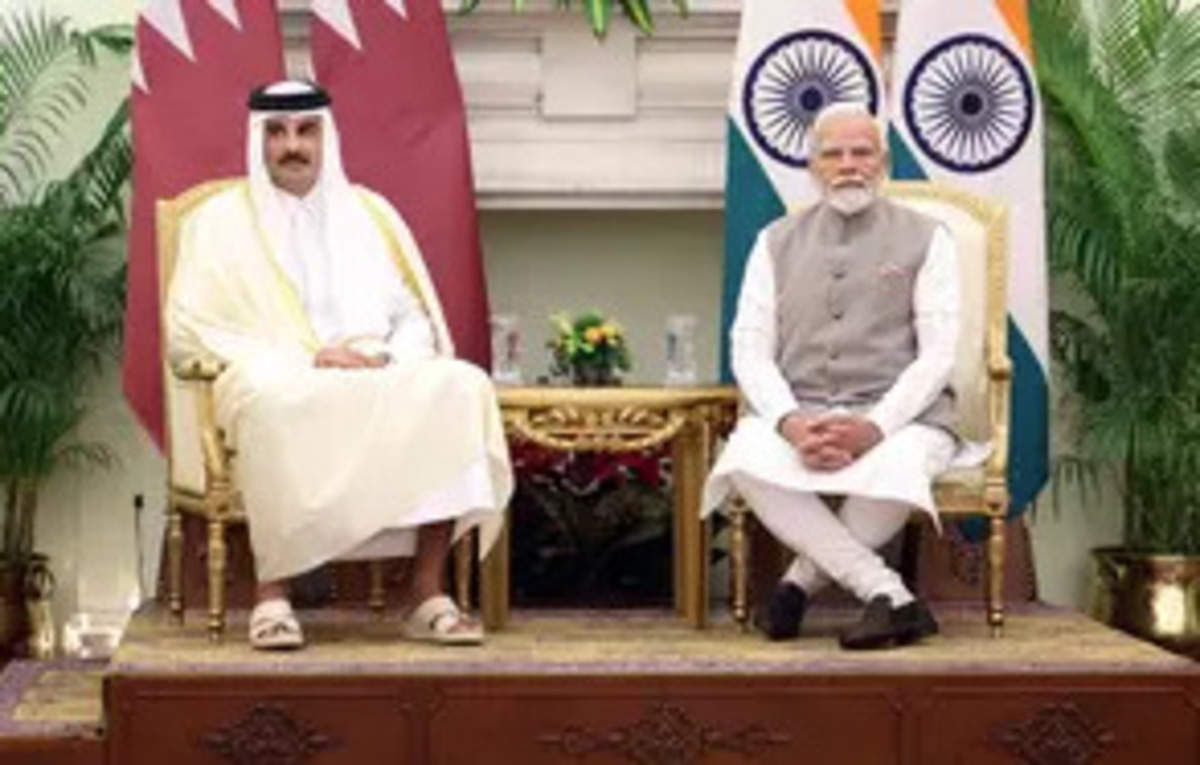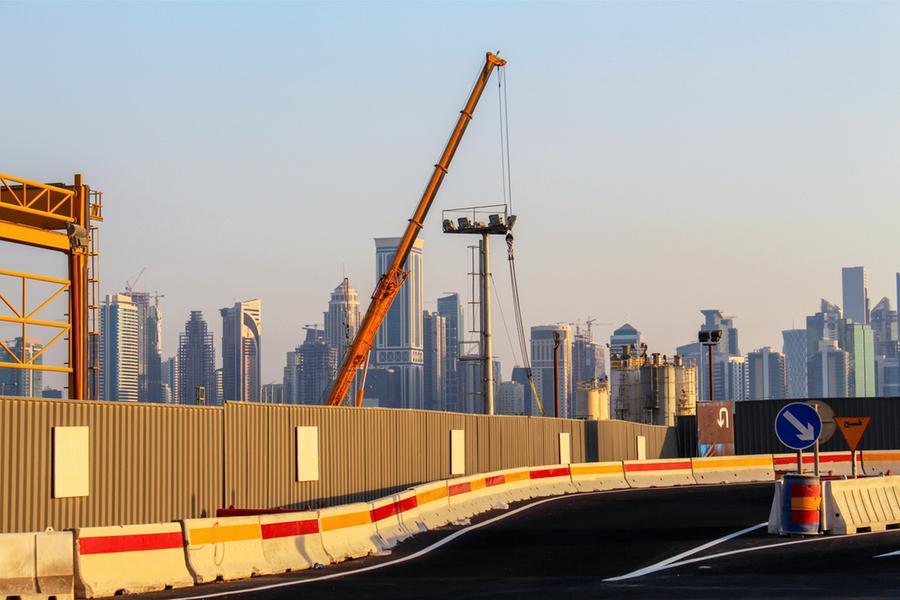Evaluation of infra needs for $1 tn exports by Aug-Sep: Official

A study to assess required infrastructure and identify main industry clusters for achieving the $ 1 trillion merchandise exports target by 2030 may be submitted by August-September to the commerce ministry, an official said.
The official said that the Asian Development Bank (ADB) is doing that study for the ministry.
In 2023-24, India’s merchandise exports dipped by over 3 per cent to $ 437 billion. Imports during the last fiscal dipped by 5.7 per cent to $ 675.4 billion.
By 2030, the ministry is aiming to more than double the country’s outbound shipments of goods.
Explaining the rationale behind the exercise, the official said that to take the exports to $ 1 trillion, there will be an import of about $ 1.5 trillion, so to handle $ 2.5 trillion worth of trade “we need” additional infrastructure and logistics capacity at roads, ports, airports and railways.
“If exports will increase, imports will also increase. There is a correlation between higher exports and imports. So we have to create an infrastructure to handle about $ 2.5 trillion worth of merchandise goods,” the official added.
Besides infrastructure requirements, there is also a need to identify the industry clusters from where there will be a large movement of goods.
To query when the ministry is expected to get the report, the official said “by around August-September”.
After that, the commerce ministry will share the details with ministries concerned, including shipping, aviation, roads and national highways, and railways.
The ministries would see if they need investments for additional capacity development and where all that investment will go.
As per rough calculations and estimates, another official said that India may need to create an infrastructure which will support an additional 2,000 million tonne of goods movement in the ports.
Similarly in the railways, there could be a need to create an infrastructure which will allow railways to carry on an additional 338 million tonne of goods by 2030. Airports also need to create an additional 5 million tonne of facilities for movement of goods.
“The study is trying to identify what kind of infrastructure is required at the exit points and which are the clusters from where there will be the larger movement of goods,” the government official added.
Sectors which are expected to help India boost the country’s exports in the coming years include electronics, pharmaceuticals, marine products, and engineering.
India’s electronics goods’ export rose by about 24 per cent to $ 29.12 billion in 2023-24. Drugs and pharmaceuticals exports increased 9.67 per cent year-on-year to $ 27.9 billion in the last fiscal.
The main clusters for electronic goods in the country include Chennai (Sriperumbudur) and Bengaluru (Sri city). For shrimp, huge opportunities are coming up in states like Gujarat, Odisha, and West Bengal. Similarly for pharma, Baddi in Himachal Pradesh and Sikkim are major clusters.
“So today, if there is a movement of 100 containers in these clusters, tomorrow we may need 300 and for that we need an assessment and planning.. We have to see if we need more internal container depots (ICDs),” the official said.
(Only the headline and picture of this report may have been reworked by the Business Standard staff; the rest of the content is auto-generated from a syndicated feed.)
First Published: May 12 2024 | 2:10 PM IST
Related
Ashghal commences roads, infrastructure development in Birkat Al Awamer
Doha, Qatar: The Public Works Authority 'Ashghal' started the implementation of the Roads and Infrastructure Development Project in Birkat Al Awamer. T
India-Qatar trade agreement must be approached with caution: GTRI –…
India should tread cautiously on a potential free trade agreement (FTA
Qatar’s Ashgal likely to award industrial areas infra consultancy contract…
Qatar’s Public Works Authority (Ashghal) is expected to award the design and lead consultancy contract for the North of New Industrial Area Roads and Inf
Qatar’s $2.5bn green bonds fund enhances renewable energy and infrastructure
Doha, Qatar: Qatar continues to boost its investments in sustainable development, demonstrating its competitiveness on the global stage. An official no












